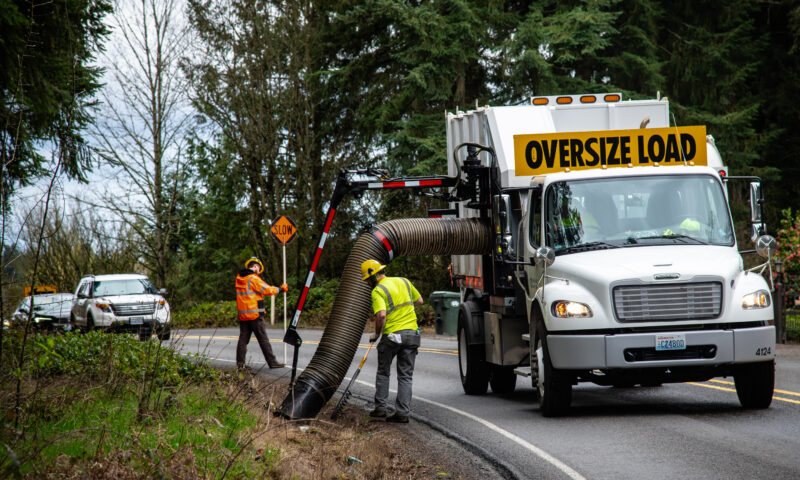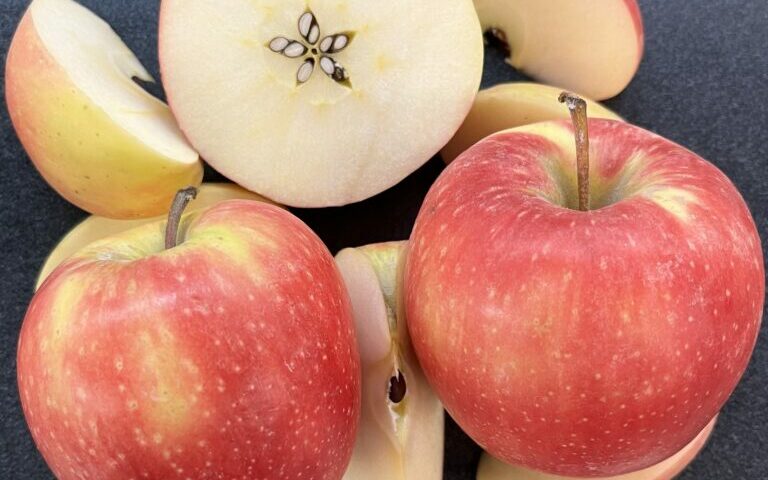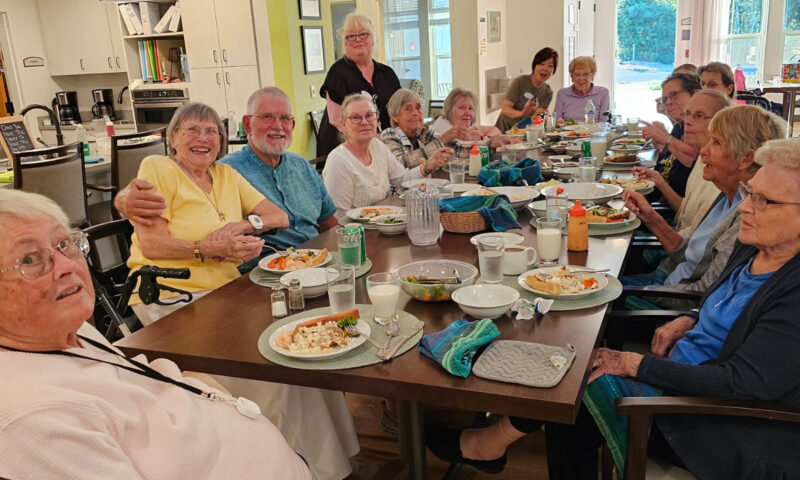By Akilah Watkins
During Women’s History Month in March, I was struck by the deep contributions women make to our society in so many ways. We’re leaders and innovators, advocates and educators, builders and organizers, healers and caregivers. Many of us hold multiple dynamic roles simultaneously — especially in the non-profit and philanthropic sector.
Women comprise 66 percent of the non-profit workforce, making us a powerhouse of the charitable sector. Many of the women I most admire in our sector you don’t read about in the history books. These are the women who go door-to-door to ensure community members are signed up for benefits. The women working to register people to vote in the most rural areas of the country. The women who organize grassroots fund-raising efforts to support local causes, working tirelessly behind the scenes to mobilize resources and support. While the women who achieve high levels of leadership in our sector are incredibly impressive, there are countless more women on the frontlines of non-profit work, getting it done.
Despite the enormous contributions women across our sector make, we also encounter very real challenges, including the sexism that permeates our workplaces and communities. These challenges are compounded for Black, Brown, and Indigenous women working in non-profits and philanthropy, who face intersecting forms of discrimination.
For example, Independent Sector’s recent “Health of the U.S. Non-profit Sector: Annual Review” shows Black and Hispanic women are paid less on average to work full-time in the non-profit sector than are other workers. The gaps are even larger in the for-profit sector. A typical Black woman in the non-profit sector is paid 21 percent less than the average pay for the sector as a whole. A single statistic, like this one, cannot stand in for the lived experience of millions. But it can be a vital starting point for discussion about how we move toward a more equitable sector.
We also know that 20 percent of non-profit workers struggled to afford basic necessities in 2021. In our upcoming collaboration with United for ALICE, Independent Sector will focus on better understanding workers in the non-profit sector who live paycheck to paycheck. Disaggregating data on this segment of the non-profit workforce, by gender and other factors, will help us build a more informed picture of who is struggling, and why. We need to ensure no one working at a non-profit is forced to choose between buying medicine for an illness or buying food for their family.
Inadequate financial and social support, particularly for caregiving responsibilities, may be contributing to high rates of burnout for women and mothers. And I’m deeply concerned about the imbalance in care work that disproportionately affects women. While socioemotional work can be a superpower, we also need to find the balance between caregiving and self-care. The unequal burden of care work and the lack of support women face have forced too many women to leave our sector too soon.
This is why I advocate fiercely for health insurance, retirement, and childcare for women in the non-profit workforce — and for every non-profit worker, regardless of gender. We need to be able to seek medical care when we feel unwell. We need to have access to reliable childcare to pursue our personal and professional goals. We need to be able to retire with dignity.
Did you know that a small business can get a tax credit of up to $5,000 per year for starting a retirement plan for its employees? But did you know that a small non-profit can’t claim that very same tax credit? These credits were designed as income tax credits, so – even though non-profits pay billions of dollars in payroll tax every year – non-profits aren’t eligible.
It’s not just retirement plans. Non-profits are left out of tax credits for providing paid leave, offering childcare, complying with disabilities laws, and more. This system isn’t fair to non-profits and their workers, and at Independent Sector, we’ve started advocating to fix it. We need Congress to step up and recognize the value of the non-profit workforce, and this is one way our policymakers can do so.
As we reflect on the many contributions of women to our society, particularly within the non-profit sector, it’s clear that significant barriers persist. From the wage gap to the lack of adequate support for caregiving responsibilities, there’s much work to be done to ensure gender equity.
As sector advocates and changemakers, we must continue to push for policies that empower women in the workforce. This includes advocating for fair compensation, access to essential benefits like health insurance and retirement plans, and addressing systemic barriers that hinder progress.
Let’s stand together as a sector to support policies that recognize the value of the non-profit workforce and champion women’s rights and dignity. Together, we can create a healthier and more equitable nation where all people thrive.
Dr. Akilah Watkins is president and chief executive officer of Independent Sector, a national organization that is an advocate for non-profits and foundations. This article was originally published by Independent Sector.


